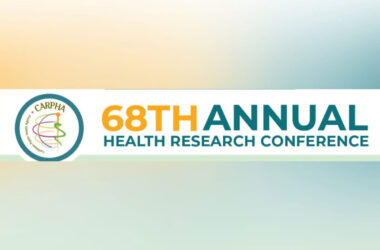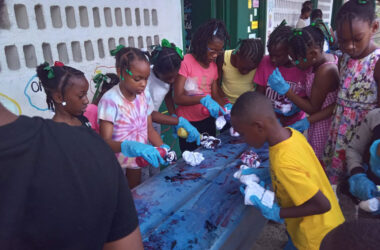INCREASED vector resistance to the use of insecticides, is a problem that is very much a worldwide one and not in any way unique to St. Lucia.
The topic was brooched by Parker Ragnanan, at a press conference launching Vector Resistance Week Tuesday at the Ministry of Health, Castries waterfront.
Vectors are described as “organisms, typically biting insects or ticks that transmit a disease or parasite from one animal or plant to another.”
Ragnanan said that people are noticing that insecticides are having less and less of an impact on the vectors they are meant to kill.
“We find very often that people complain about insecticides being ineffective.” He said during the launch.
He continued, stating “What we’ve found happening is because some of these insecticides are being used for long periods of time, for years; that the mosquitoes have developed resistance and thereby the insecticides no longer work in terms of killing these vectors.”
The same conclusion is reached in the 2015 Annual Review of Entomology, which also states that “Vector control is a very important part of the global strategy for management of mosquito-associated diseases,” and that “insecticide application is the most important component in this effort.”
It reads: “A large number of studies have shown that multiple, complex resistance mechanisms—in particular, increased metabolic detoxification of insecticides and decreased sensitivity of the target proteins—or genes are likely responsible for insecticide resistance.”
The Annual Review cited above, also states that “Gene over expression and amplification, and mutations in protein-coding-gene regions, have frequently been implicated as well.”
Despite all of this being known, the Review goes on to say however, that “no comprehensive understanding of the resistance mechanisms or regulation involved has yet been developed.”















